I was looking at the popular Pie Face game on Amazon.com, mainly because I saw a link stating that a racist image had been uploaded and was being displayed on the single detail product page (sadly it’s still there). Amazon have had enough bad press recently with sellers of Indian Flag Doormats and Gandhi Flip Flops causing offence in India and they really don’t need any more. Then something else caught my eye and that was some rather bizarre pricing.
If you buy one Pie Face it’ll cost you $14.97, a reasonably good price but what if you wanted two games? Well you can buy two as a bundle for $34.99. Yes that’s right, it’ll cost you around five dollars more to buy two as a bundle than if you just purchased two singly.
It get’s worse though, buy three and you’ll be paying $104.98, more than double the cost to buy two and $60 more than paying for a quantity of three single items and if for some reason you want four games then $111.97 is again a surcharge for a bulk order rather than a discount.
Of course what’s happened here is that three sellers plus Amazon retail have all set different pricing, it’s not one seller who can’t add up. It is however the worst example of bulk discounts (or rather bulk surcharges) that I’ve seen on Amazon.
Repricing software will if used correctly keep your prices keen against your competitors, but most repricers probably aren’t smart enough to adjust your price for a bulk purchase against the cost of single units. If you offer bulk deals on Amazon and never sell any, it might be worth spot checking some prices to make sure your bulk bundles are set at a discount. You’ll never sell product in bulk if it’s cheaper to purchase singly.
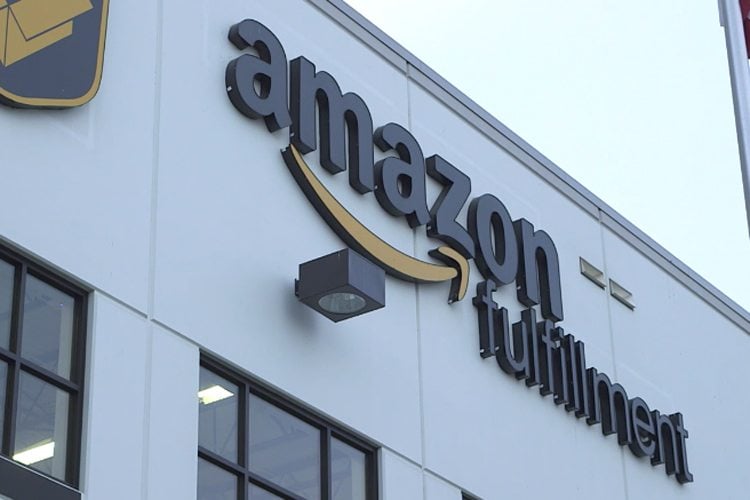
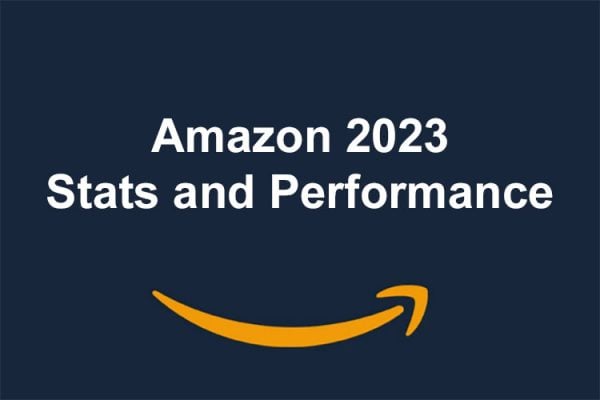
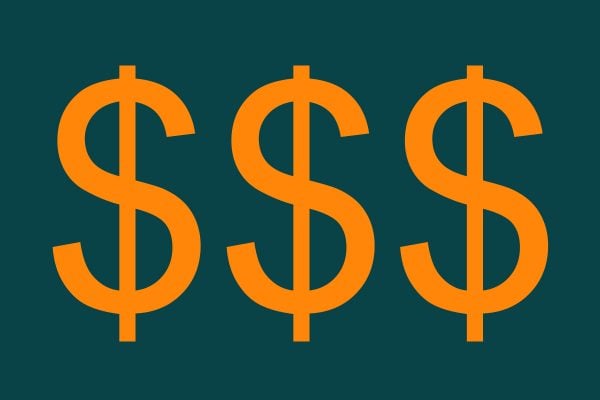
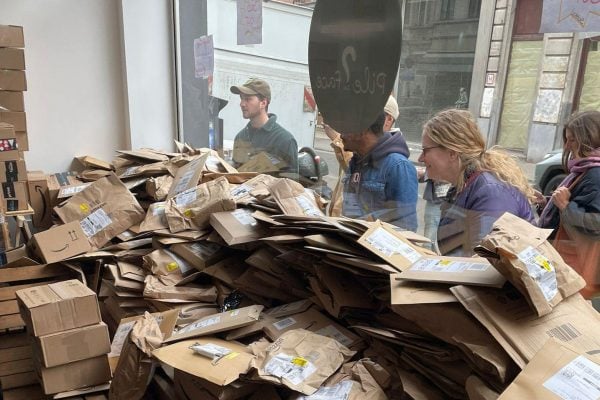






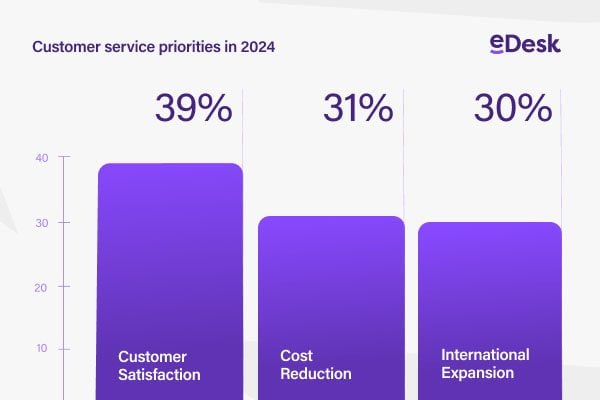
4 Responses
Only once ever seen it used correctly for a discount on some boxed Xerox Laser Paper.
Without knowing if the bundles have more than one seller, it looks simply like a pricing war on the single. More than likely due to repricing software.
If the seller/s of the 2 x packs were aware they would probably make a killing here, but more fool them for not monitoring there listings.
Most of the time multiple quantity variations are added by sellers to make more money so there is no reason for them to re/price competitively against a single unit.
if Amazon are aware of the quirk, or at least have become aware of it now, it should be all of 10 seconds work for anyone with a decent knowledge of code to fix this.
if cheapest price 2pack = > cheapest single x2, then hide 2pack price, instead display single x2 price (my coding knowledge is sub-decent, but still, you get the point, all problems solved with 2 lines.).